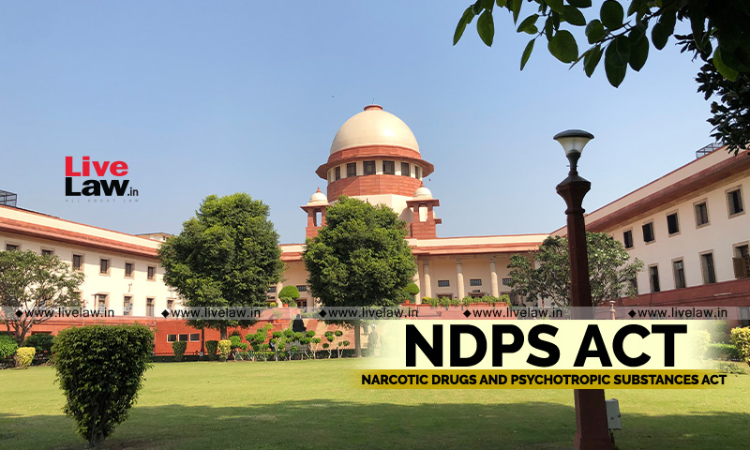Section 37 NDPS Act - "Credible & Plausible" Grounds To Believe Accused Is Not Guilty Required To Grant Bail : Supreme Court
Ashok KM
19 July 2022 7:26 PM IST

Next Story
19 July 2022 7:26 PM IST
The Supreme Court observed that the expression "reasonable grounds" used in Section 37(1)(b) under NDPS Act would mean credible, plausible grounds for the Court to believe that the accused person is not guilty of the alleged offence. The court also said that, under Section 37 NDPS Act, bail cannot be granted merely on the ground that nothing was found from the possession of the accused.The...
